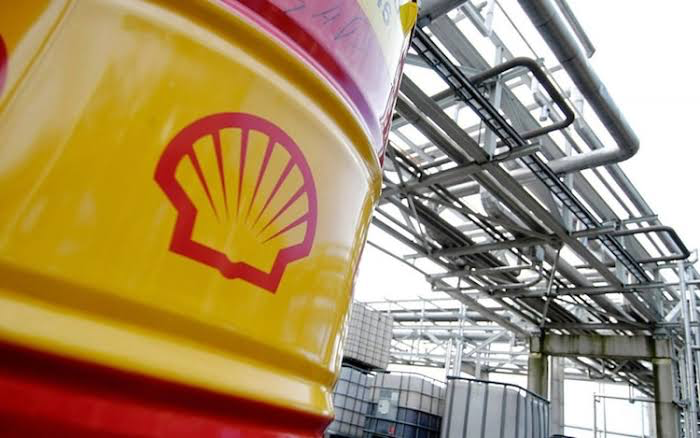Shell, the British energy giant, has agreed to sell its onshore oil and gas business in Nigeria to a consortium of mostly local companies for up to $2.4 billion, ending nearly a century of operations in the troubled Niger Delta region.
The deal, announced on Sunday, marks a significant milestone for Shell in Nigeria, where it has faced decades of oil spills, sabotage, theft, and lawsuits that have tarnished its reputation and profitability.
Shell’s exit from Nigeria’s onshore oil is part of a broader shift by Western energy companies away from the country as they focus on newer, more profitable operations elsewhere. Exxon Mobil, Italy’s Eni, and Norway’s Equinor have also struck deals to sell assets in Nigeria in recent years.
Shell will retain its interests in Nigeria’s more lucrative and less problematic offshore sector, as well as its liquefied natural gas plant and other assets.
The buyer, the Renaissance consortium, comprises ND Western, Aradel Energy, First E&P, Waltersmith, all local oil exploration and production companies, and Petrolin, a Swiss-based trading and investment company.
The sale, which Renaissance confirmed, requires the approval of the Nigerian government.
Shell’s Onshore Legacy
Shell pioneered Nigeria’s oil and gas industry, starting in the 1930s when it obtained the first exploration license in the country. It discovered the first commercial oil field in 1956 and began production in 1958.
Since then, Shell has been a major player in Nigeria’s economy, contributing to its development but also facing criticism for its environmental and social impacts.
Shell’s onshore oil and gas business, known as The Shell Petroleum Development Company of Nigeria Limited (SPDC), operates and has a 30% stake in the SPDC joint venture that holds 18 onshore and shallow water mining leases.
Shell’s resources in SPDC reached around 458 million barrels of oil equivalent by the end of 2022.
However, the company has also struggled with hundreds of onshore oil spills as a result of theft, sabotage, and operational issues that led to costly repairs and high-profile lawsuits.
In 2015, Shell agreed to pay $83.5 million to settle a legal case brought by the Bodo community in the Niger Delta over two oil spills in 2008 that devastated their livelihoods.
In February this year, a Dutch court ordered Shell to pay compensation to four Nigerian farmers for oil spills that occurred between 2004 and 2007.
Shell has also faced pressure from activists and investors to reduce its carbon footprint and align with the Paris climate agreement, which aims to limit global warming to well below 2 degrees Celsius above pre-industrial levels.
The company has pledged to become a net-zero emissions energy business by 2050 and has set targets to reduce the intensity of its emissions from the products it sells.
By selling its onshore oil and gas business in Nigeria, Shell is not only reducing its exposure to operational and reputational risks but also cutting its emissions from flaring, the practice of burning off excess gas that is often associated with oil production in the country.
According to the World Bank, Nigeria was the sixth-largest gas-flaring country in the world in 2019, accounting for 8% of global flared gas volumes.
A New Chapter for Nigeria’s Oil Industry
The sale of Shell’s onshore oil and gas business in Nigeria is also a significant development for the country’s oil industry, which has been dominated by foreign companies for decades.
The deal will increase the share of local companies in Nigeria’s oil production, which currently stands at around 10%, according to the Nigerian National Petroleum Corporation (NNPC).
The NNPC, which holds 55% of the SPDC joint venture, welcomed the deal and said it would support the Renaissance consortium to ensure a smooth transition.
The NNPC also said the deal would boost the federal government’s efforts to increase domestic participation and promote indigenous capacity development in the oil and gas sector.
The Renaissance consortium said it was committed to investing in the assets and ensuring the highest standards of environmental and social performance.
The consortium also said it would leverage its local knowledge and expertise to create value for all stakeholders, including the host communities, the government, and its partners.
The deal is expected to close in the second half of 2023, subject to regulatory approvals and other customary conditions.
Source: Reuters



